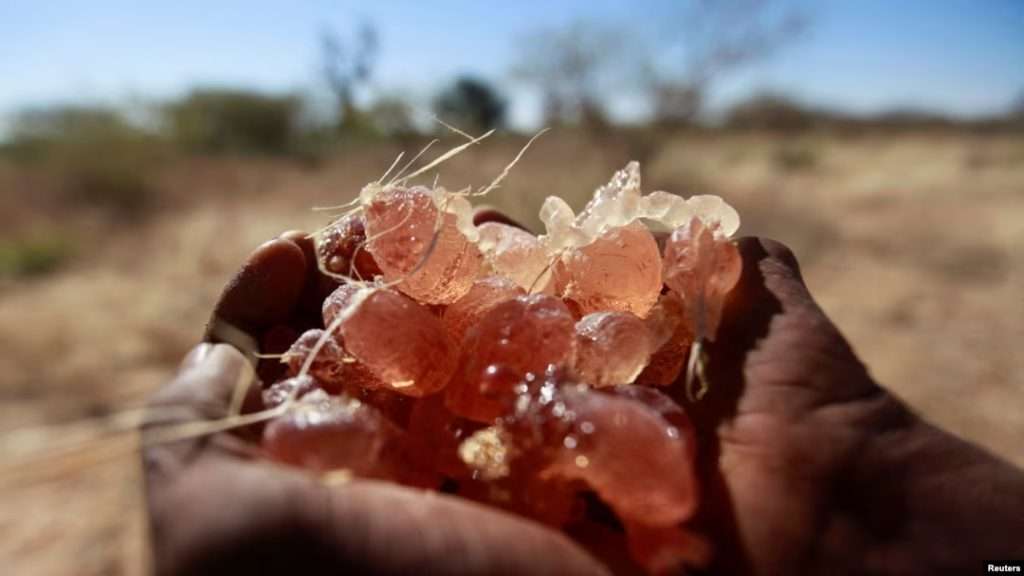Sudan’s rebel forces hijack key ingredient in coke and candy

Under the strain of rebel looting, Sudan’s export economy is unraveling. As the war grinds on, such blows to key commodities threaten to deepen the country’s economic collapse.
On May 2, fighters from the paramilitary Rapid Support Forces (RSF) seized the key trade hub of al-Nahud in West Kordofan, ransacking over 400 lorries loaded with gum arabic and other crops for export.
The haul, estimated to weigh around 10,000 tons, was worth approximately $75 million, traders told Middle East Eye. The RSF is now believed to have looted nearly a third of the country’s harvest, worth roughly $125 million, in Kordofan alone.
Traders noted that this was an escalation of an otherwise ongoing process. RSF fighters regularly break into warehouses and stores, especially across West and North Kordofan, where fighting is most intense.
Gum Arabic, a dried-up sap from acacia trees, is prized by conglomerates like Coca-Cola and Mars. Before the war broke out, it was sourced primarily from Sudan, which accounted for 80% of the global supply.
A report delivered to the United Nations Security Council in April revealed that the conflict had led to the loss of over 90,000 tons of gum arabic worth $200m.
Since overtaking al-Nahud, the RSF has doubled down on efforts to control the gum arabic trade, notably by banning exports eastwards through areas held by the rivaling Sudanese Armed Forces (SAF). With official channels blocked, smuggling routes through South Sudan, Chad, and Libya have surged.
Sudan’s prolonged and violent civil war has provoked “one of the world’s biggest humanitarian catastrophes” according to the Human Rights Watch. Famine, displacement, disease, and widespread human rights atrocities have pushed the country to the brink of collapse. Now, as Sudan’s legal trade crumbles, the Sudanese people risk losing a critical source of revenue.
In response, buyers have begun tightening regulations to ensure Sudanese gum arabic is exported via official channels only. “We have to trust buyers not to purchase smuggled products,” said a trader called Ibrahim Abu Baker Elsiddig.
But trust might not be the only obstacle. As of May 23, the U.S. moved to sanction Sudan for the SAF’s use of chemical weapons in 2024. While gum arabic has historically been exempt from sanctions due to its international economic importance, many fear that Sudanese firms may be excluded from international payment systems such as Swift.
According to Elsiddig: “They could make an exception for gum arabic, because so many American companies rely on it, but that would pose moral issues when compared to other industries.”
Middle East Eye/ Maghrebi
Want to chase the pulse of North Africa?
Subscribe to receive our FREE weekly PDF magazine












